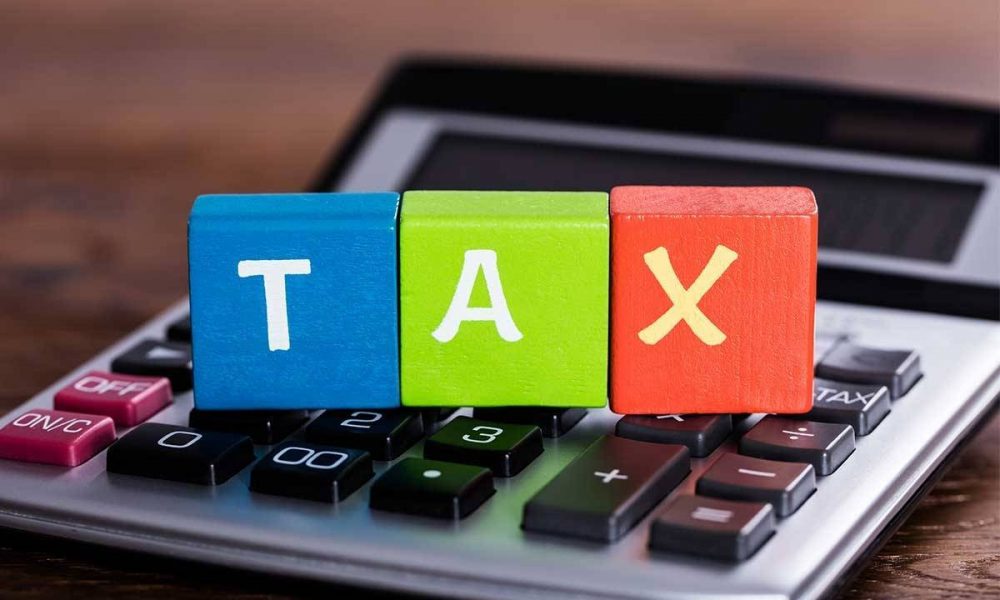Indirect taxes play a vital role in India’s taxation system, shaping the economy and impacting businesses and individuals in various ways. Understanding the key indirect tax laws is essential for effectively navigating the taxation landscape’s complexities. Let’s delve deeper into India’s prominent indirect tax laws and their implications for the nation’s economic framework.
What is Indirect Tax?
Indirect taxes are taxes imposed not on the consumer directly but through a middleman such as the manufacturer, wholesaler, or retailer. These taxes are levied to be paid by businesses and consumers indirectly. Examples of indirect tax include Sales Tax, Value Added Tax (VAT), Luxury tax, Goods and Services Tax (GST) etc.
Goods and Services Tax (GST): GST is a tax system that replaces multiple taxes imposed by the Central and State governments. It aims to make taxes simpler for businesses and consumers. Goods and services are put into different tax categories like 5%, 12%, 18%, and 28%. Essential items like food and healthcare are either exempt or taxed at lower rates, making things easier for the common people.
Central Excise or CENVAT: This tax is applied to goods when they are manufactured and sold. It used to be an essential tax for the government before GST. Manufacturers paid this tax, which sometimes got passed on to the customers, adding to the cost of goods.
Value-Added Tax (VAT): VAT is a tax added to goods at different stages of production and distribution. It replaced the Sales Tax and made taxes more consistent across states. The idea is to tax only the value added to a product at each stage, preventing multiple taxation.
Service Tax: Service Tax is applied to services like banking, insurance, and transportation. The providers of these services collect and pay this tax to the government. It helped increase the government’s income by including services in the tax system.
Entertainment Tax: This tax is levied by state governments on entertainment activities like movies and amusement parks. Different states may have different rates for this tax.
Custom Duty Tax: This tax is charged on goods imported into India. It is applied at the point of entry to protect local industries and raise revenue for the government.
Understanding these tax laws is essential for individuals and businesses to comply with the tax regulations and plan their finances better. Seeking professional help can ensure accurate tax calculations and help reduce tax liabilities.
How Does Indirect Tax Assessment and Litigation Assistance Help?
Indirect tax assessment and litigation assistance are crucial in ensuring businesses comply with tax regulations and effectively navigate potential legal challenges related to indirect taxes. Proper assessment becomes crucial for indirect taxes like GST, customs duty, or excise duty. Expert professionals in this field are here to help businesses accurately determine their tax liability, ensuring they pay the right amount of tax while maximizing available benefits and exemptions.
Experienced professionals skilled in indirect tax matters can represent businesses during tax disputes, providing guidance and expertise to resolve issues efficiently and within the framework of the law. Overall, indirect tax assessment and litigation assistance provide businesses with peace of mind, ensuring compliance with tax laws and expert support to tackle any tax-related challenges that may arise. With the help of such experts, businesses can focus on their core operations, confident that their tax matters are in capable hands.
Navigating Indirect Taxes with Expert Guidance
Navigating indirect taxes with expert guidance is essential for businesses to ensure compliance and effectively manage tax obligations. Seeking assistance from skilled professionals in indirect tax assessment and litigation can help businesses avoid potential pitfalls and streamline their tax processes, ensuring a smooth financial journey.
Conclusion
Indirect taxes are integral to India’s taxation system, and navigating them can be tricky. Expert advice on indirect tax assessment and litigation can help businesses ensure compliance with the law, maximize available benefits and have peace of mind when dealing with potential legal challenges. With the proper guidance, businesses can stay on top of their tax matters while focusing on their core operations.













